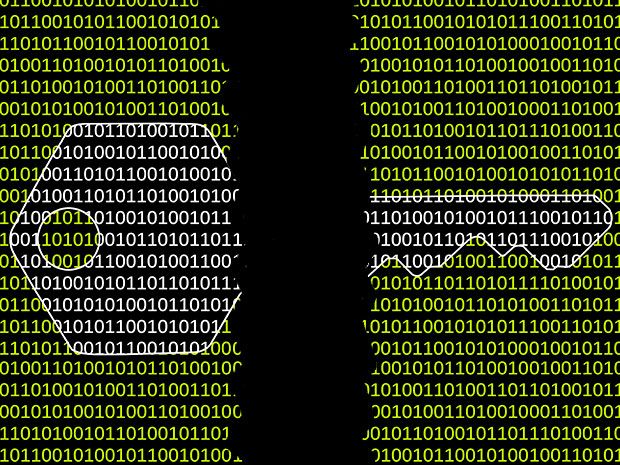The age of quantum computing is no longer a distant dream — it’s an approaching storm. For decades, encryption has been the backbone of cybersecurity, shielding everything from personal messages to national secrets. But the rise of quantum computers could make those cryptographic shields obsolete overnight.
Traditional encryption methods like RSA and ECC rely on mathematical problems that are practically impossible for classical computers to solve. However, quantum algorithms such as Shor’s algorithm can crack those codes in seconds, exposing decades of supposedly secure data. Threat actors know this, and they’re not waiting — they’re already engaging in “harvest now, decrypt later” attacks, collecting encrypted information today with the intent of unlocking it once quantum decryption becomes feasible. The concept of a “Quantum Black Market” looms large: a dark economy where stolen data, once unreadable, is suddenly transformed into pure intelligence gold.
The fallout could be catastrophic — government communications, corporate secrets, personal identities, all decrypted in one quantum leap. The defense lies in post-quantum cryptography — new algorithms built to withstand quantum power — but global migration to these systems is slow, costly, and complex. The clock is ticking, and every encrypted file sitting in storage could become tomorrow’s open book. The future of privacy now depends not just on who controls data, but on who conquers quantum.

